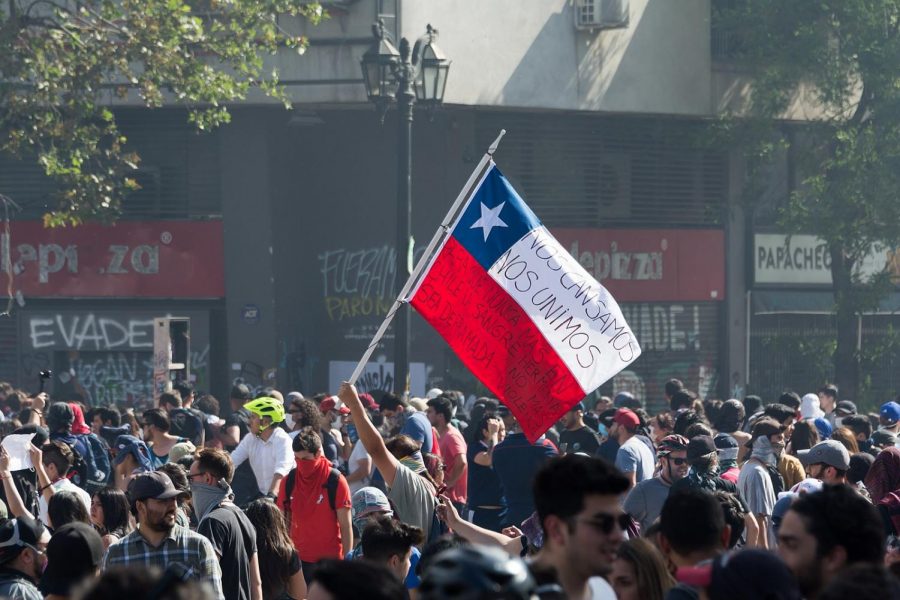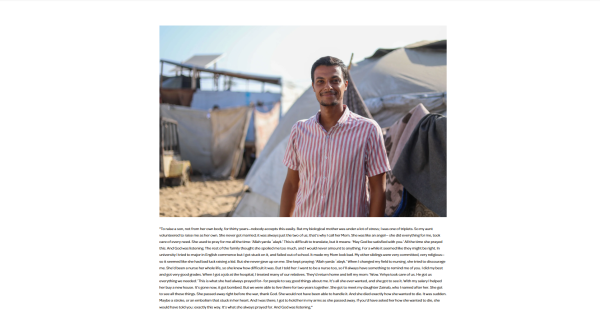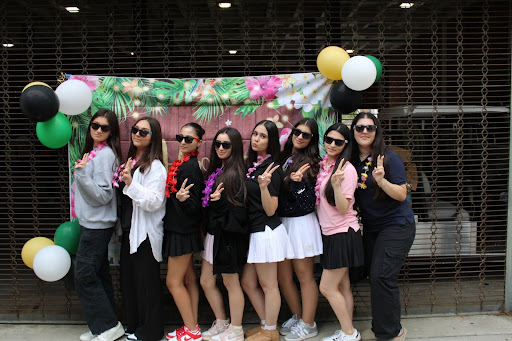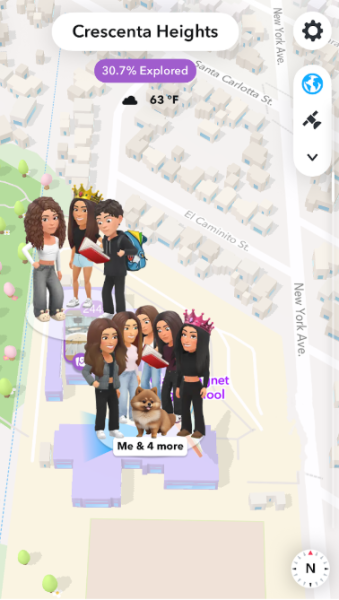Why the revolution in Chile matters
Protesters storm the streets of Santiago. The flag has written on it “we got tired. We united so that never again in Chile will sister blood be spilled. No more violence.“
Back in October, there was a very small rise in the price of subway fare in Chile. It amounted to 30 pesos, or about five cents. And yet, this tiny amount caused a revolution.
Because of that small increase, protests began to break out. People would flood the streets, demanding a new constitution, fair pay, equality under the law, etc. But was the cause of all this really just five cents?
While on the surface the protests seem like they started because of the hike in subway fare, that was just what pushed it over the edge. In reality, there’s a lot more history that has contributed to the spark of a revolution.
In the 1970’s, Chile elected a socialist president named Salvador Allende. He made reforms in order to help the lower classes.
Unfortunately, it was the middle of the Cold War, and America didn’t take kindly to anything vaguely resembling communism; plus the big American companies were starting to complain. So the U.S. staged a military coup, killed Allende, and set up a military dictatorship, which ended less than 30 years ago in 1990.
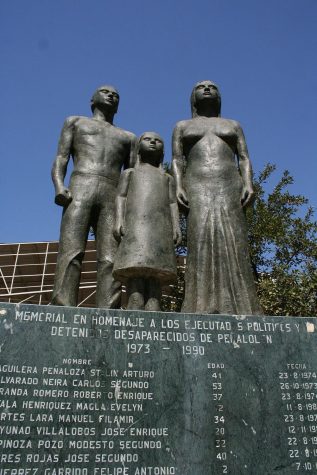
Henry Kissinger, the foreign policy architect involved, later won a Nobel peace prize.
The last 30 years of Chile’s history is what seems to be a victory. They’re a very prosperous country with a big income. Of course, a third of that goes to the 1 percent, and most people make minimum wage — barely enough to pay for all their expenses. That’s where the subway fare comes in.
When the subway fare was raised, even though it amounted to five cents more, it was too much for families to be able to pay for it all. As a result, students started jumping over the turnstiles to avoid paying the fares. These small protests quickly escalated into something much greater, with more than a million people protesting on the streets in Santiago, the capital.
The protesters are violent, yes, but they are fighting against 30+ years of oppression. What oppression, you ask? Well, life under military rule, to start. Can’t forget the unequal distribution of wealth, either.
Then there’s the discrimination faced by the Mapuches (indigenous people), who are less likely to be employed and often live separately, in parts of town that are poor and neglected. Many protesters have been tearing down statues of conquistadors (colonizers) in clear support of the natives. Other minorities, like transgender people (who have a life expectancy between 30 and 35 years in Latin America), are also fighting to be recognized.
Besides, when the police are willing to shoot students and blind protesters, peace is hardly an option.
The protests in Chile are in fact similar to other revolutions in other parts of the world, such as the one in Hong Kong — with one big difference. The media coverage of Hong Kong is much, much higher than that of Chile — or any other Latin American country. Because Hong Kong provides a better narrative for capitalists, it gets more attention. To admit what happened in Chile would be to admit it could happen here, too.
Chile fell because the economic gap between the rich and the poor was so wide. The United States isn’t far behind.
The revolution in Chile isn’t being covered because the rich are too afraid of losing their wealth — and they should be. Jeff Bezos, the richest person in the world, has many workers who are on food stamps. It would only take a small rise in expenses to push them over the edge to revolt. A very small, but significant expense.
Like subway fare.

Hobbies/Interests: Art, Reading, Music
Spirit animal: ...is a term offensive to indigenous tribes so no thanks :)
Places you want to travel to: Europe,...



